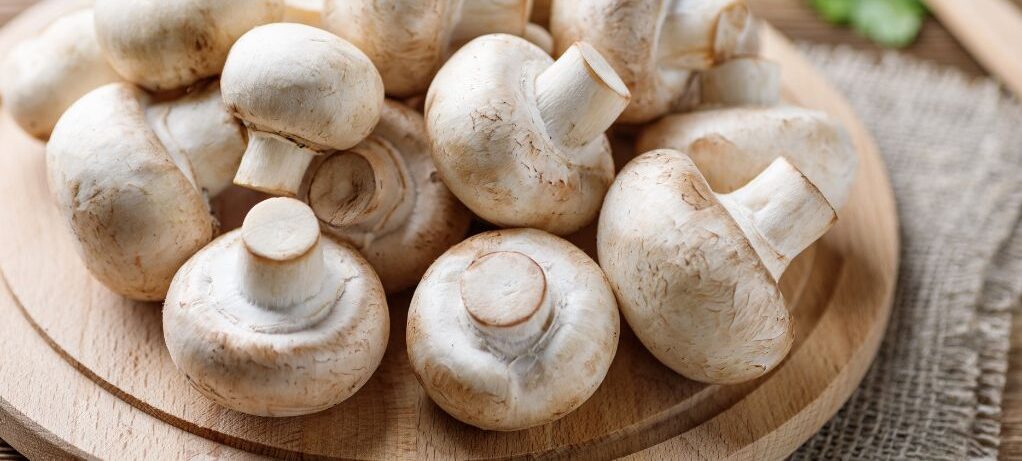THCa Flower: Natural Wellness Unleashed
In recent years, the interest in natural wellness solutions has surged, leading many to explore the benefits of various cannabis compounds. One such compound that has garnered significant attention is THCa, or tetrahydrocannabinolic acid. Unlike its more famous counterpart, THC, THCa is non-psychoactive and offers a range of potential health benefits. This article delves into the world of THCa flower, exploring its properties, benefits, and how it can be incorporated into a wellness routine.
Understanding THCa
THCa is a cannabinoid found in raw and live cannabis plants. It is the precursor to THC, the compound responsible for the psychoactive effects of cannabis. When cannabis is heated through smoking, vaping, or cooking, THCa undergoes a process called decarboxylation, converting it into THC. In its raw form, THCa does not produce the “high” associated with THC, making it an attractive option for those seeking the therapeutic benefits of cannabis without the psychoactive effects.
Properties of THCa
THCa is known for its anti-inflammatory, neuroprotective, and anti-emetic properties. Research suggests that it may help with conditions such as arthritis, neurodegenerative diseases, and nausea. Additionally, THCa has shown potential in modulating the immune system and providing pain relief.
Benefits of THCa Flower
Incorporating THCa flower into a wellness routine can offer several advantages. Here are some of the key benefits:
- Anti-Inflammatory Effects: THCa has been shown to reduce inflammation, making it beneficial for conditions like arthritis and inflammatory bowel disease.
- Neuroprotective Properties: Studies indicate that THCa may protect brain cells, potentially aiding in the treatment of neurodegenerative diseases such as Alzheimer’s and Parkinson’s.
- Anti-Emetic Benefits: THCa can help alleviate nausea and vomiting, which is particularly useful for patients undergoing chemotherapy or those with chronic conditions.
- Pain Relief: THCa’s analgesic properties can provide relief from various types of pain, including chronic pain and muscle spasms.
- Immune System Modulation: THCa may help regulate the immune system, offering potential benefits for autoimmune disorders.
Case Studies and Research
Several studies and anecdotal reports highlight the potential of THCa in promoting wellness. For instance, a study published in the “Journal of Neuroimmune Pharmacology” found that THCa exhibited anti-inflammatory and neuroprotective effects in animal models. Another study in the “British Journal of Pharmacology” suggested that THCa could reduce nausea and vomiting in animal subjects.
Anecdotal evidence from patients using THCa flower for conditions like arthritis and chronic pain also supports its therapeutic potential. Many users report significant improvements in pain management and overall quality of life without the psychoactive effects of THC.
How to Use THCa Flower
There are various ways to incorporate THCa flower into a wellness routine. Here are some popular methods:
- Juicing: Fresh cannabis leaves and flowers can be juiced to create a nutrient-rich beverage that retains the THCa content.
- Raw Consumption: Adding raw cannabis flowers to salads or smoothies is another way to consume THCa without decarboxylation.
- Tinctures and Oils: THCa tinctures and oils can be taken sublingually or added to food and beverages for easy consumption.
- Topicals: THCa-infused creams and balms can be applied directly to the skin for localized relief from pain and inflammation.
Legal Considerations
The legal status of THCa varies by region. In some areas, THCa is considered legal as long as it is derived from hemp and contains less than 0.3% THC. In other regions, all forms of cannabis, including THCa, may be restricted. It is important to research and understand the local laws and regulations before purchasing or using THCa products.
Conclusion
THCa flower offers a promising natural wellness option for those seeking the therapeutic benefits of cannabis without the psychoactive effects. With its anti-inflammatory, neuroprotective, and anti-emetic properties, THCa has the potential to improve the quality of life for individuals with various health conditions. As research continues to uncover the full range of benefits, THCa may become an increasingly popular choice in the realm of natural wellness.
